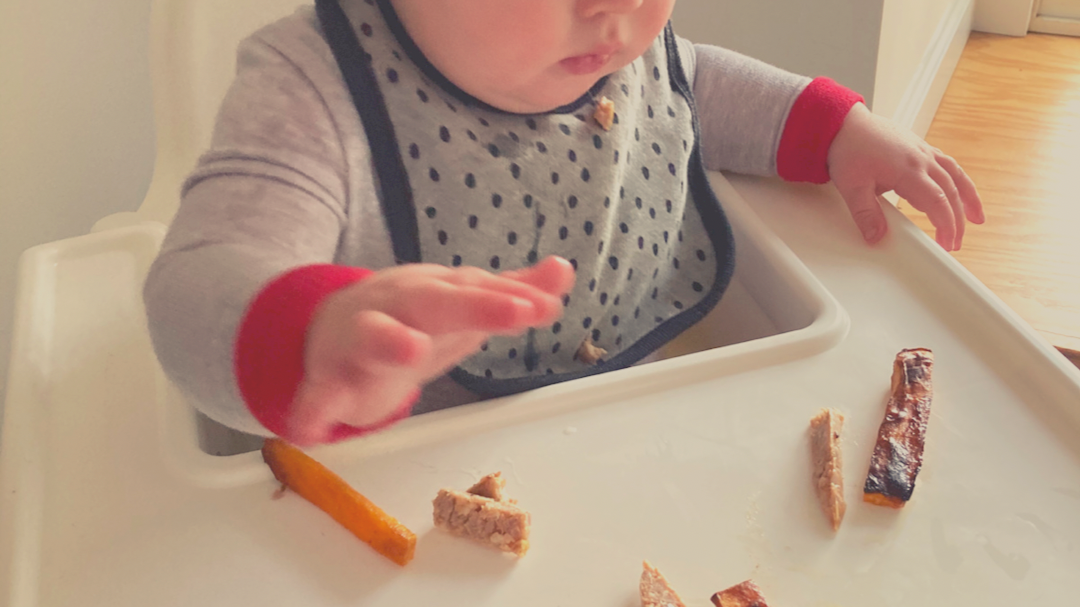Recently the New York Times and other publications reported on toxic levels of heavy metals found in popular baby food brands. Many people are calling these reports “alarmist”. While I completely support a bit of skepticism, this happens to be one of those times when the headlines are correct.
The words in the report couldn’t say it any clearer: “The test results of baby foods and their ingredients eclipse [allowable] levels: including results up to 91 times the arsenic level, up to 177 times the lead level, up to 69 times the cadmium level, and up to 5 times the mercury level.” (1)
That, is NOT (even a little) alarmist.
The worst part is, these numbers came from the companies themselves. They had been testing the food and the ingredients they used. They knew the levels were dangerously high yet they chose to use ingredients and to sell foods with dangerously high levels of heavy metals.
While the spotlight has been on the testing results we do know, the report states concern over even higher heavy metal levels in the products manufactured by Walmart (Parent’s Choice), Sprout Organic Foods, and Campbell (Plum Organics), the companies who refused to participate.
Dangers Posed by Heavy Metals
The American Academy of Pediatrics (AAP) states on their website: “There is no safe level of lead exposure in children.” (2)
A study of Maine schoolchildren who had been exposed to water polluted with 5 ppb arsenic “showed significant reductions in Full Scale IQ, Working Memory, Perceptual Reasoning and Verbal Comprehension scores.”
The allowable arsenic limit is 10 ppb, baby food was testing up to 91 times that amount.
Lead and arsenic can cause permanent brain damage leading to learning difficulties and developmental delays.
Is it Unavoidable?
It is true that due to pollution many foods contain heavy metals such as lead and arsenic. To ensure that the public is not being bombarded with toxins, the FDA regularly tests foods from across the country as part of the Total Diet Study (TDS).
The most recent report available on their website includes data collected from 2006-2013. (3) While ingredients like sweet potatoes and carrots did have measurable levels of arsenic and lead (levels below), those levels are nowhere near as dangerous as those seen in the ingredients used by these baby food companies.
Beech-Nut ingredients:
- Carrots – 20 ppb lead
- Sweet potato – 55 ppb lead
TDS 2006-2013:
- Carrots baby, raw – 1ppb lead
- Carrots fresh, peeled, boiled – 2ppb lead
- Sweet Potatoes, Canned – 12 ppb lead
*the goal level for lead in baby food is 1 ppb
Foods like rice and root vegetables are known for having higher levels of contaminants. Baby food companies have the capabilities of avoiding such ingredients yet they choose to use them. The companies could also specifically source foods from areas lower in pollution, clearly, they don’t do that. And despite testing ingredients, they still use them regardless of a poor test result.
It seems the goal is not to protect our most vulnerable, but to profit off of them.
Going Forward
Unfortunately since pollution is present in foods making foods at home may not completely protect children. Below are a few strategies to reduce heavy metal exposure from food.
- Reduce rice intake, check all labels for rice flour
- When preparing rice, add extra water, then pour it off before serving
- Vary foods, there is no need to wait days before introducing a new food
- Avoid juice
- Peel sweet potatoes, carrots, and other root vegetables and serve them less frequently
Sources:

